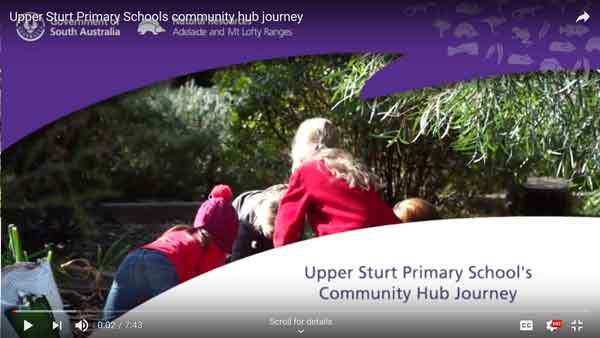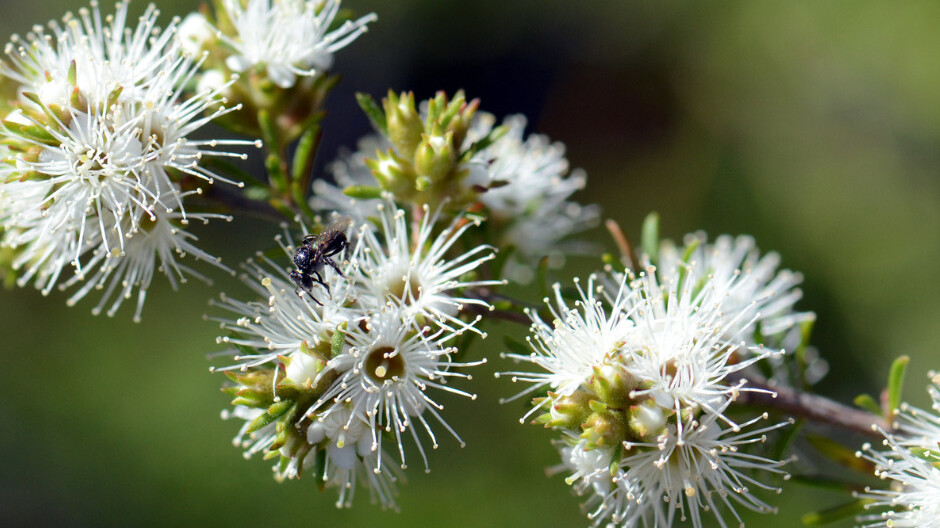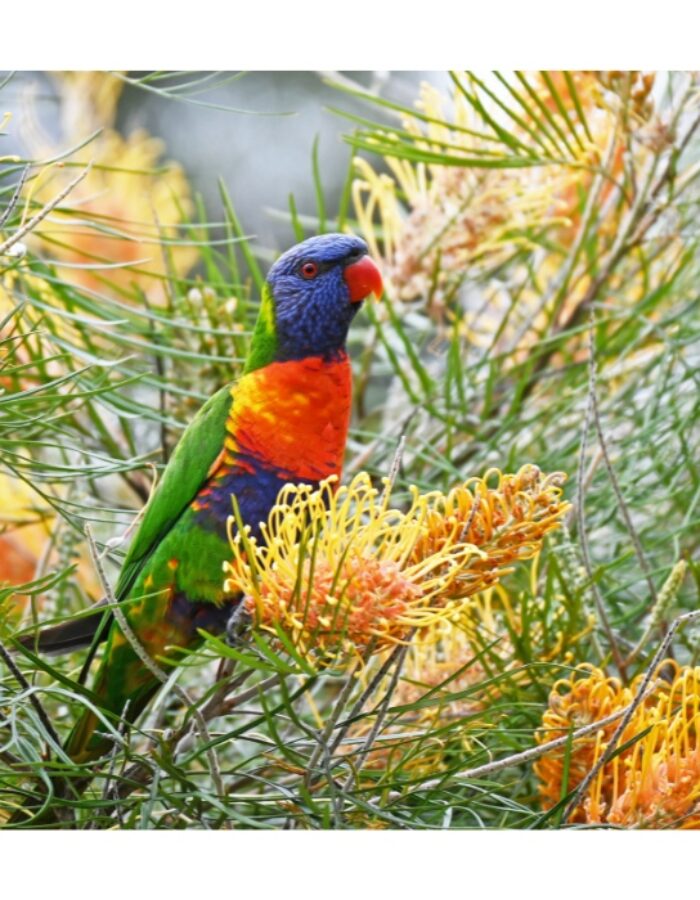One way to teach children about sustainable gardening practices is by developing a community garden on school grounds. An example of this comes from Upper Sturt Primary School, located in South Australia’s beautiful Adelaide Hills. The school is surrounded by natural bushland and is the first bush school in Australia. It provides a nature-based learning environment for its students, where children spend as much time as possible learning and playing outdoors.
Barb Jones, principle of the school, has found that nature-based learning creates engaged, curious learners who develop a deep respect and understanding of their natural environment and sustainable practices.
‘We create a love of the natural world through our teaching, in line with children’s developmental abilities’ said Barb.
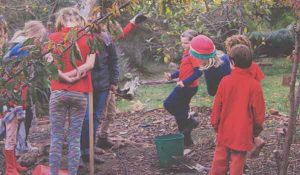 Sustainable gardening is a focus at the school and the children are supported in their learning by teachers, and the school community.
Sustainable gardening is a focus at the school and the children are supported in their learning by teachers, and the school community.
‘Community is important in children’s lives, as it provides a strong sense of belonging and decreases children’s anxiety’, she said.
As the children learn about the environment and sustainable gardening, they share their knowledge and understanding with each other, regardless of age. It is not uncommon to see a younger child showing an older child a bug or plant and telling them about it.
‘There is a benefit of a whole school approach as it unifies staff, who share their expertise, while providing for a continuum of learning across age levels,’ said Barb.
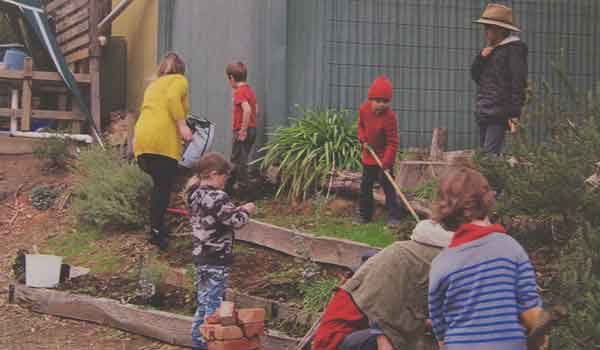 The community garden concept was developed at the school since Upper Sturt is a somewhat isolated area and there were not a lot of communal places for the local population to go. The year one and two children, known as the Owls, were involved in developing the Community Garden Hub. The whole process was highly collaborative as it involved the teachers, local community, the Natural Resource Management board and occupational therapy students.
The community garden concept was developed at the school since Upper Sturt is a somewhat isolated area and there were not a lot of communal places for the local population to go. The year one and two children, known as the Owls, were involved in developing the Community Garden Hub. The whole process was highly collaborative as it involved the teachers, local community, the Natural Resource Management board and occupational therapy students.
The Owls learnt about mulching, composting and how to create wicking beds. This hands-on learning embedded the importance of sustainable practices to the children. The children were asked what they would like to grow in the garden which helped to create a sense of ownership and pride in their work.
This project is a great example of how capable little learners can contribute to sustainable gardening practices and learn about the importance of caring for the environment.
‘Nature is fragile and we have to look after it for the birds, butterflies, animals and us’ Grace age 7.
The journey of Upper Sturt Primary school to develop their community hub can be seen in this video – just click on the image below.
Related Articles:
Wildflower gardens – What’s the buzz about?
In the quest for sustainable and environmentally conscious practices, gardening enthusiasts and nature lovers alike are turning to a time-tested…
Garden Journaling – Slow down to tune in.
As we move through the year and our gardens evolve, there's something magical about documenting the journey. Garden journaling is an art that enables…


